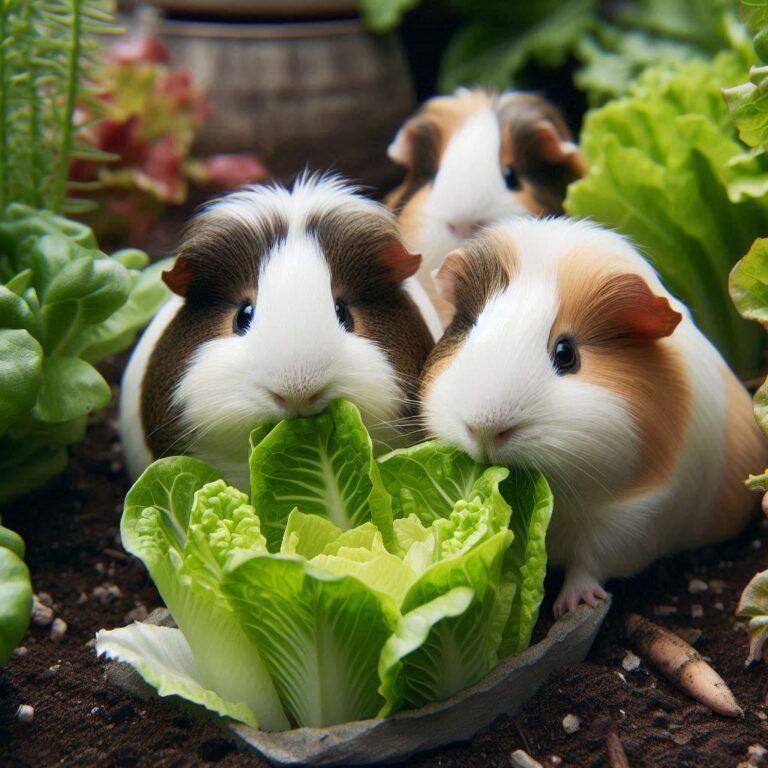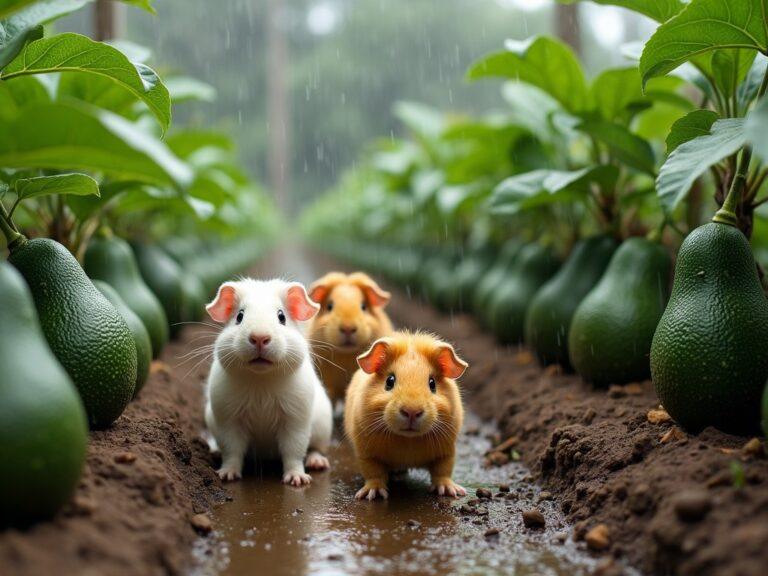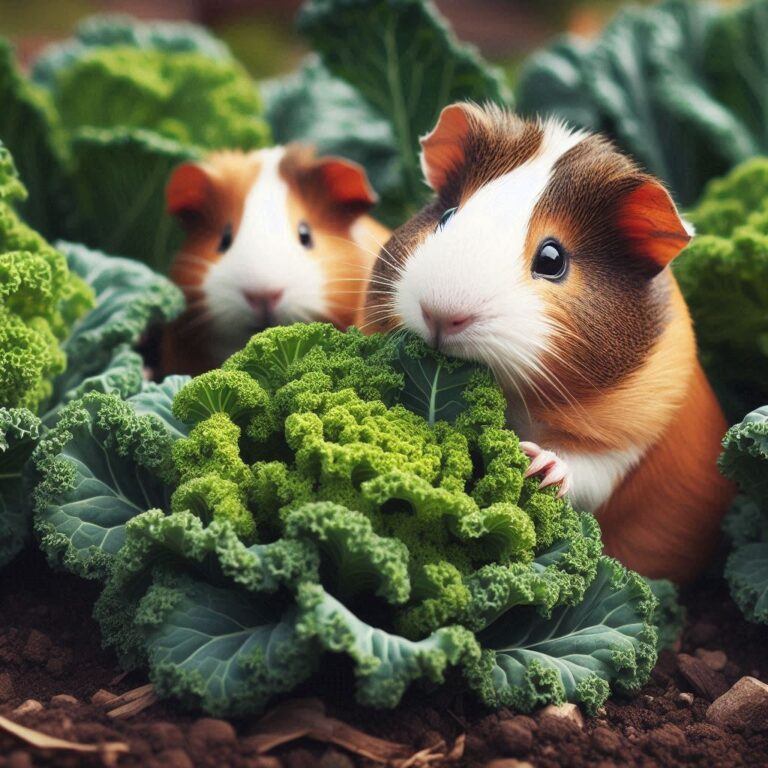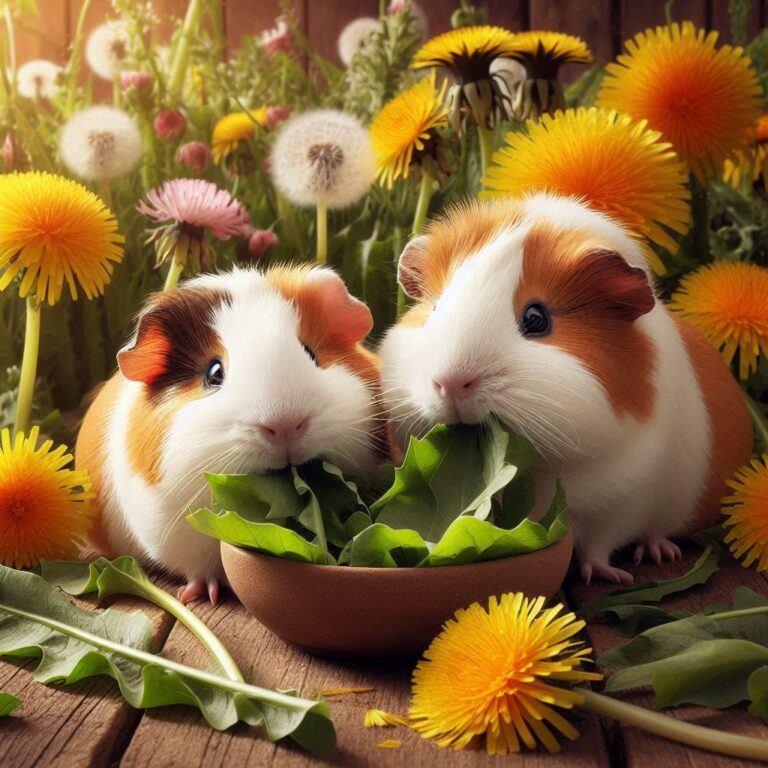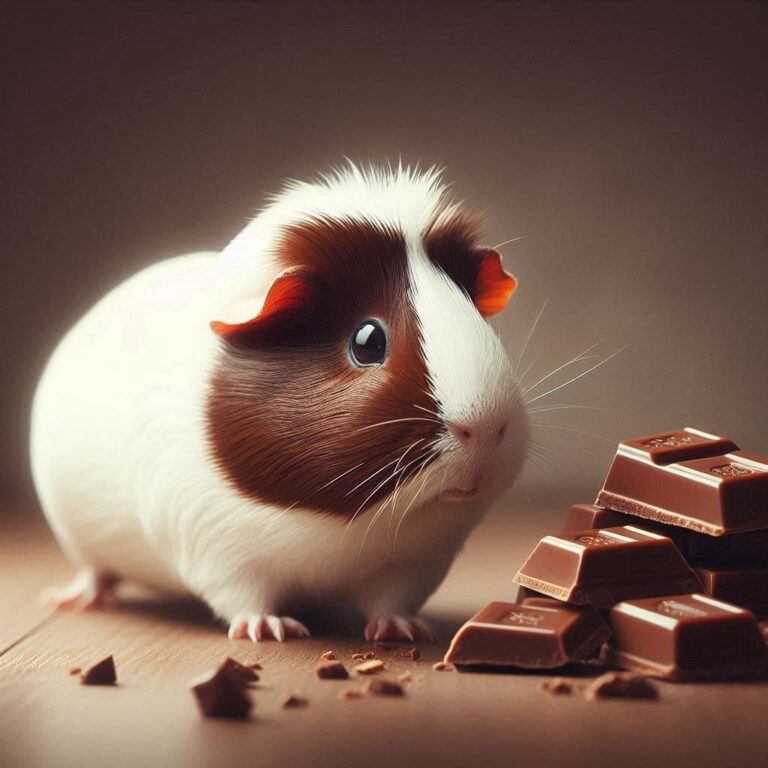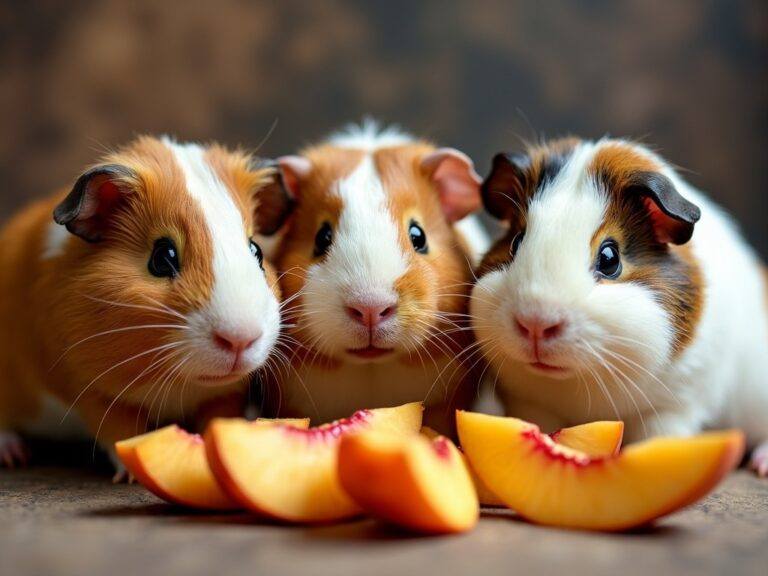Can Guinea Pigs Safely Eat Coriander
Yes, guinea pigs can indeed enjoy coriander, also known as cilantro. However, this herb should be offered in moderation as part of a varied and balanced diet. Coriander provides a blend of vitamins and minerals that can benefit your guinea pig, but like any food outside of their core diet, it must be introduced cautiously.
Before you add coriander to your guinea pig’s meal plan, it’s essential to understand why moderation matters.
These small creatures have sensitive digestive systems, so a gradual introduction allows them to adjust without experiencing discomfort.
As a general guideline, I’d suggest starting with a small pinch of chopped coriander leaves to see how they respond.
Concerning portion size, a few coriander leaves once or twice a week is sufficient. When it comes to our guinea pig’s meals, always prioritize hay—a crucial component for dental and digestive health.
Fresh, clean water, vitamin C-rich foods, and a selection of safe vegetables and herbs, including coriander, can complement their diet nicely.
To support this guidance, I reached out to a few veterinarians who specialize in small animals.
The consensus was clear: coriander can be a healthy addition when used sparingly. It’s a good practice to watch for any signs of indigestion or allergies after introducing any new food, coriander included.
If your guinea pig enjoys it and shows no adverse effects, you’ve successfully expanded their culinary horizons.
The Nutritional Profile of Coriander for Guinea Pigs
Coriander, often found nestled among our own fresh herbs, isn’t just a culinary delight for humans. When it comes to guinea pigs, coriander, also known as cilantro, offers a variety of essential vitamins and minerals.
This includes Vitamin C, which guinea pigs cannot produce on their own and need from their diet, Vitamin A for maintaining good vision and skin health, and Vitamin K for proper blood clotting.
Incorporating coriander in measured amounts can contribute to a well-rounded diet for our furry friends. Its low-calorie content coupled with a good fiber content promotes digestive regularity and contributes to a healthy weight.
However, it’s important to remember that coriander should not replace fresh hay, vegetables, and formulated guinea pig pellets that make up the staple of a guinea pig’s nutrition.
But just like any treat bestowed upon our guinea pig pals, moderation is key. Overfeeding coriander can lead to digestive upset or introduce an excess of calcium, which could contribute to the formation of bladder stones – a common health issue in guinea pigs.
Using coriander as an occasional dietary addition rather than a mainstay prevents this risk.
When we compare coriander with other guinea pig-friendly foods, it’s clear that variety is crucial. Just as humans benefit from a diverse diet to obtain all necessary nutrients, so do guinea pigs.
By alternating coriander with other vegetables such as bell peppers, romaine lettuce, endive, and tomatoes, we provide them with a variety of nutrients without overexposure to any one in particular.
Incorporating Coriander into Your Guinea Pig’s Diet
Introducing new foods to our guinea pigs requires careful consideration and an understanding of their dietary needs.
Like with any dietary change, it’s crucial to observe our pet’s reaction to coriander. Start small, offering just a leaf or two, to ensure they tolerate it well without any signs of discomfort or allergic reactions.
When it comes to serving coriander, it’s not as complicated as you might think. You can sprinkle small pieces of fresh coriander on top of their regular veggie mix, ensuring it’s washed thoroughly to remove any potential pesticides or contaminants.
Sometimes, I chop it finely and mix it into their hay, encouraging them to forage.
Maintaining a balanced diet for our guinea pigs is essential for their well-being. Coriander should be just a part of a varied diet rich in fiber from high-quality hay, fortified guinea pig pellets, and a rotation of other safe vegetables and fruits.
Keep a close eye on your guinea pig whenever you introduce something new, like coriander. Watch for any changes in their eating habits, stool, or behavior.
If anything seems out of the ordinary, it’s best to consult with a vet promptly. In the end, your guinea pig’s health and happiness are what matter most.
Coriander can be a delightful addition to our guinea pig’s menu, but it should always be approached with moderation and mindfulness.
By paying attention to your guinea pig’s needs and responses, and consulting with experts when in doubt, you ensure that your furry friend enjoys a tasty, balanced, and safe diet.


